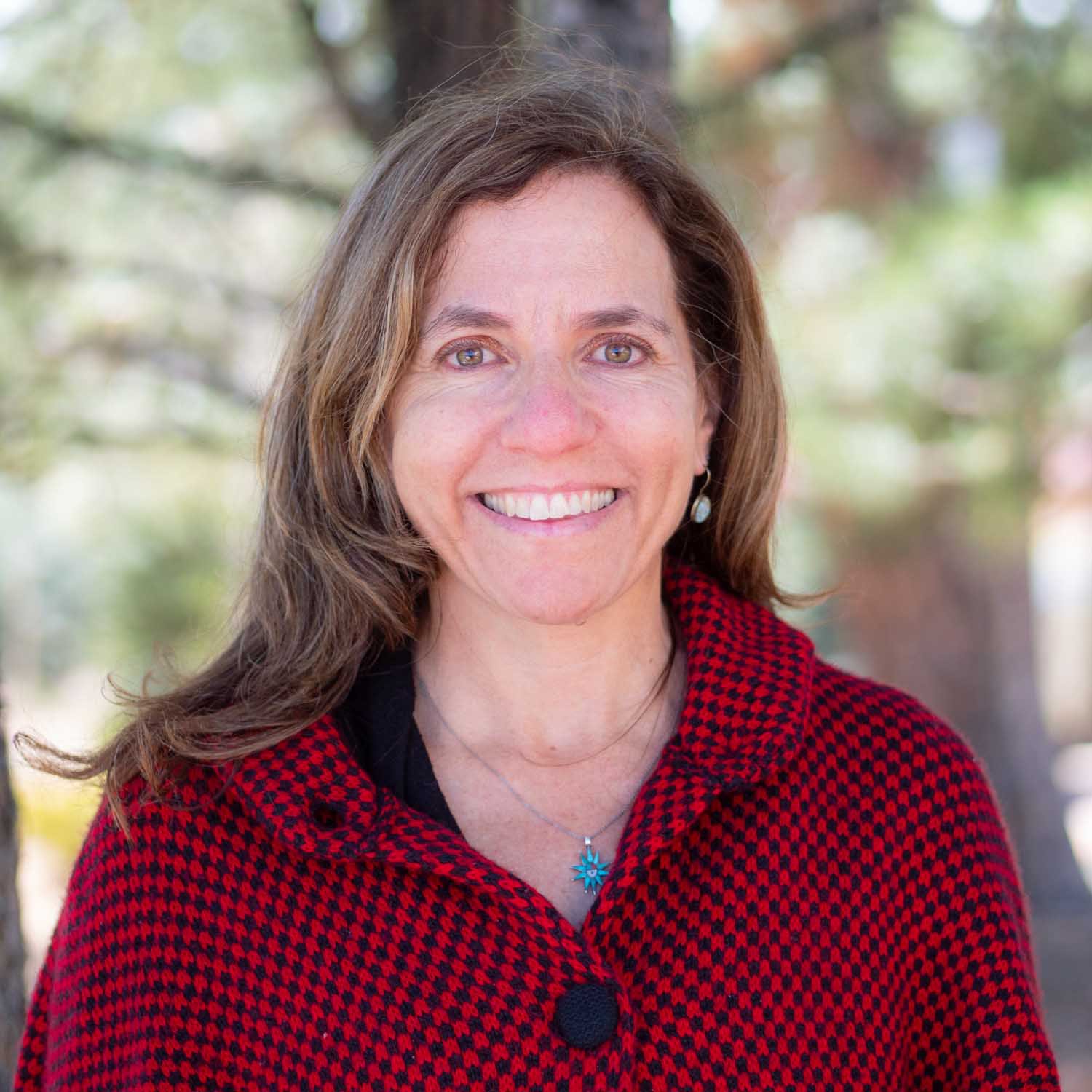
Equity and Justice Should Begin at Home
This commentary was originally published by The Regulatory Review. Reprinted with permission.
A citizen of the Laguna Pueblo, Deborah Haaland is the first Native American woman to serve as Secretary of the U.S. Department of the Interior.
Haaland will oversee the federal agencies that manage nearly 480 million acres of federal public lands, while the head of the U.S. Forest Service in the U.S. Department of Agriculture (USDA) manages the remaining 190 million acres.
Haaland and her colleague, Secretary of Agriculture Tom Vilsack, have a tall double-order ahead. In his flurry of first-day executive orders, President Joe Biden announced the entwined goals of addressing racial, economic, and other forms of injustice, as well as tackling the country's most serious environmental challenges. Reflecting these goals, during his confirmation hearing, Vilsack pledged to address "discrimination in all its forms across USDA agencies," and "to root out generations of systemic racism that disproportionately affects Black, Indigenous, and People of Color."
Haaland's biography itself reflects the promise of President Biden's goals. She was born in Winslow, Arizona to a Laguna Pueblo mother and a white father. After graduating from college, Haaland scraped by, working to support her young daughter …


To commemorate Women’s History Month, we’re interviewing women at the Center for Progressive Reform about how they’re building a more just America, whether by pursuing a just transition to clean energy, protections for food workers, or legal support for Native Americans. This week, we spoke with Sarah Krakoff, professor of law at the University of Colorado, Boulder, and an expert on Native American law, public lands and natural resources law, and environmental justice.
CPR: What motivated you to become an ally to Native Americans and equal justice in America? Is there historical context to this or a moment in history that stood out to you as motivation or inspiration?
SK: My commitment grew out of anti-poverty and civil rights work I did while in law school, which included a very cursory introduction to the unique status and rights of Native nations. But my understanding …

In 2017, President Trump signed a proclamation reducing by about 85 percent the size of Utah’s Bears Ears National Monument, a large landscape of pristine red rock canyons and culturally and historically significant Native American sites. He claimed that he had the authority to shrink this and any other national monument under the Antiquities Act of 1906 and had previously ordered the Department of the Interior to review additional monuments whose designations stretch back decades.
But does federal law really allow the president to "repeal and replace" our national monuments once they're established?
In a recent amicus brief that Professor Bob Anderson (University of Washington) and I filed with 11 other legal scholars, we answer that question with a resounding "no." The plain and clear text of the Antiquities Act is intentionally narrow, authorizing the president to establish national monuments to protect "historic landmarks, historic …

This post was co-authored with Shannon Roesler, a Professor of Law at the University of Oklahoma City School of Law. Before joining the law school faculty, she served as a law clerk to the Honorable Deanell Reece Tacha on the United States Court of Appeals for the Tenth Circuit. She was also a staff attorney and teaching fellow in the International Women’s Human Rights Clinic at Georgetown University Law Center and a visiting faculty member at the University of Kansas School of Law. Read her University bio. This post is part of a series of essays from the Environmental Law Collaborative on the theme "Environmental Law. Disrupted." It was originally published on Environmental Law Prof Blog.
Since the dawn of the environmental justice movement, we have heard the stories of individuals and communities left unprotected by our environmental laws and policies. Their stories reveal the …
- 1 (current)



